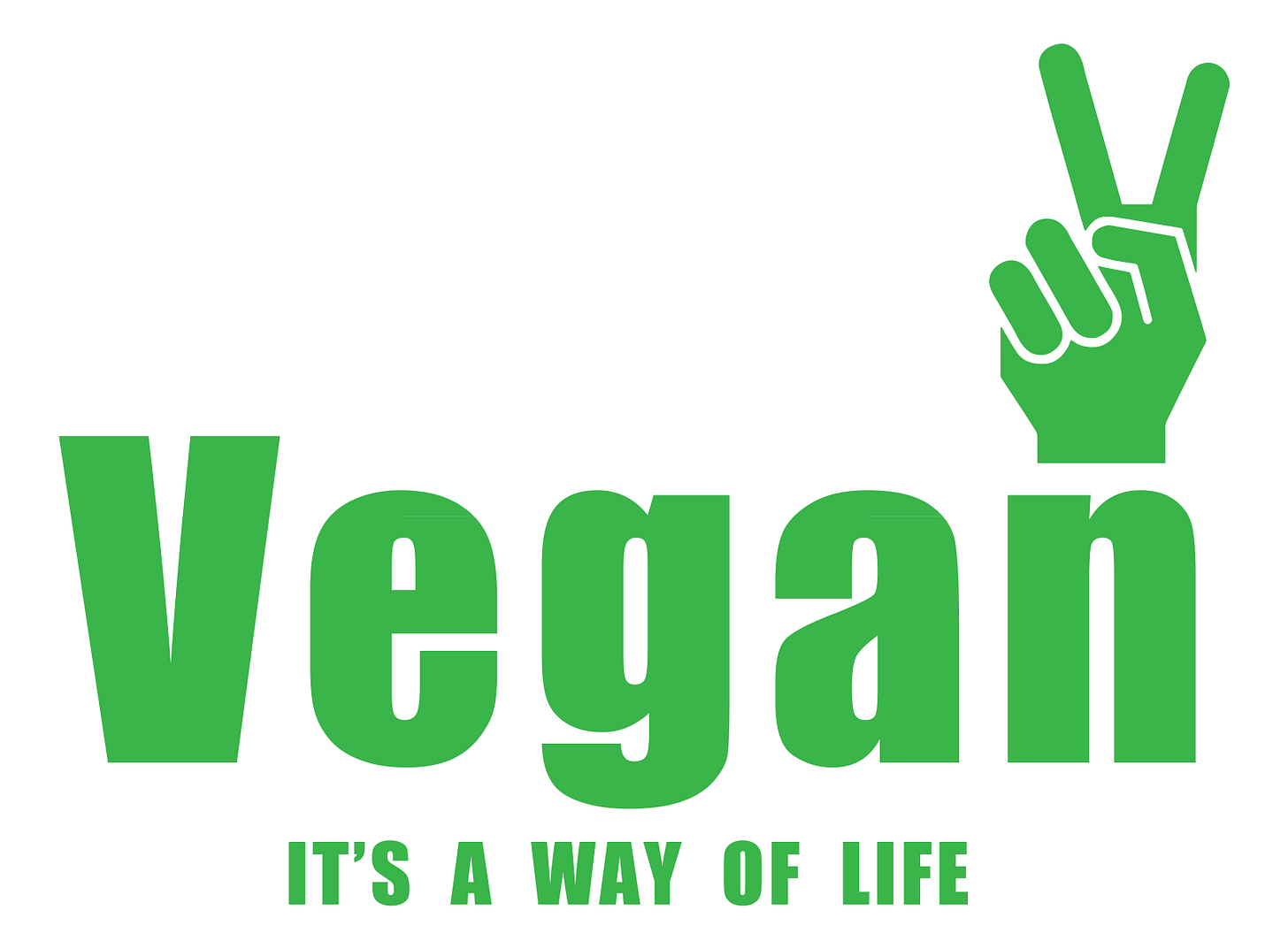Do 84% of Vegans Actually Go Back to Eating Animals?
Debunking the Myth: Most True Vegans Stay True to Their Values
The claim that 84 percent of vegans abandon their plant-based lifestyle and return to eating animals is not just misleading—it’s flat-out wrong. This statistic, which has been paraded around in debates about the sustainability of veganism, crumbles under scrutiny. When we take a closer look at the research behind this number, it becomes clear that it’s based on flawed methodology, blurred definitions, and misinterpretation.
‘‘The idea that 84% of vegans return to eating animals is misleading. It stems from flawed research that doesn’t distinguish between ethical vegans and plant-based dieters. Genuine vegans, committed to animal rights, rarely revert, as their lifestyle is rooted in ethical, not dietary, choices.’’
Flawed Research and Misleading Data
The study in question doesn't clearly distinguish between vegans and vegetarians, lumping the two together despite their vastly different motivations and commitments. Veganism, at its core, is an ethical stance against animal exploitation in all forms, whereas vegetarianism is typically driven by health concerns or personal preference. This key difference is critical: failing to make this distinction renders the statistic meaningless when applied to genuine vegans.
Dr. Alex Anderson, the research director at Faunalytics, even admits that the study's methodology doesn’t adequately separate true ethical vegans from those who are simply trying a plant-based diet. That’s a major flaw. The 84 percent figure primarily captures those dabbling in plant-based eating, not those deeply committed to living a cruelty-free life.
Veganism Is Not a Diet—It's a Commitment
The notion that veganism is just a diet is another gross misunderstanding fueling this flawed statistic. Veganism is about far more than food; it’s a lifestyle rooted in compassion, justice, and a rejection of the exploitation of animals in all forms. Studies that focus on diet alone miss this broader ethical commitment, and as a result, the 84 percent figure fails to capture the resilience of true vegans.
Dr. Matthew Cole, a researcher specializing in plant-based diets, points out that many who revert to animal products are likely those who pursued veganism for health reasons, not ethics. Ethical vegans, who view their choices as integral to their values, are far more likely to stick with their lifestyle long-term.
Bigger, Better Studies Tell a Different Story
The Faunalytics study is not the only research on vegan recidivism, and its findings are contradicted by larger, more comprehensive studies. For example, the EPIC-Oxford Study, which involved over half a million participants, shows much lower recidivism rates for vegans and vegetarians. This larger sample size and longer duration give a far more reliable picture of how committed vegans actually are.
The Right Questions Lead to Better Answers
Finally, how a question is framed can significantly influence the results. The Faunalytics study appears to have been biased towards highlighting recidivism. Philosopher Vinciane Despret wisely noted that the questions we ask shape the answers we receive. In this case, the framing likely led to a skewed portrayal of veganism as fleeting, when the reality is that ethical vegans remain committed for life.
Conclusion: The 84% Statistic is False
The claim that 84 percent of vegans go back to eating animals is not supported by solid evidence. It conflates vegans with vegetarians, overlooks the ethical foundation of veganism, and is contradicted by larger studies. The truth is, most genuine vegans stay vegan because it’s a commitment, not a phase. So, do 84% of vegans actually go back to eating animals? Absolutely not.
Resources
Anderson, Alex. "The Vegan Recidivism Study: A Closer Look." Faunalytics, 2022.
Cole, Matthew. "Veganism: More Than Just a Diet." The Vegan Society, 2023.
Oxford University. "The EPIC-Oxford Study of Vegetarian and Vegan Diets." 2023.
Despret, Vinciane. "What Animals Teach Us." University of Chicago Press, 2016.
Get my new booklet ‘‘25 Vegan Myths Debunked!’’
This concise guide is invaluable for anyone curious about veganism, offering evidence-based insights and practical guidance to navigate vegan living confidently. All proceeds benefit the promotion of animal rights worldwide!
Visit Our Amazon Store!
Notice: As an Amazon Associate, we earn a commission from qualifying purchases that help promote animal rights worldwide!
General Resources
Books:
Dominion: The Power of Animals in Nature and in Our Imagination by Matthew Scully
Animal Liberation by Peter Singer
Eating Animals by Jonathan Safran Foer
A Billion Hungry Mouths: Feeding the World Without Consuming the Planet by Colin Tudge
Websites and organizations:
Documentaries:
Articles:
"The Case for Animal Rights" by Tom Regan
‘‘Why We Love Dogs, Eat Pigs, and Wear Cows: An Introduction to Carnism’’ by Melanie Joy
‘‘Animal Rights: The Abolitionist Approach’’ by Gary L. Francione
‘‘Fellow Creatures: Our Obligations to the Other Animals’’ by Christine Korsgaard
Seeds of Compassion: Finding Jesus Christ in a Vegan World by Michael Corthell
Receive a single informative article daily at 12:01 AM by email. Explore my homepage with exciting vegan and plant-based news content and delightful and delicious recipes for additional updates. Stay connected to the vegan world and all it has to offer.
Visit The Vegan Project Global our Facebook page for more vegan outreach and education.
The information on this vegan/plant-based blog is for general informational purposes only. It is not intended as legal, medical, or professional advice. Readers should consult with appropriate professionals for specific advice tailored to their situation. The blog owner is not responsible for any reliance on the information herein.






Vegetarian is a misnomer, unless dairy and eggs grow on trees. These products come from the same animal abuse mafia run industry as meat fur and leather.
Resilience? I‘m not the slightest bit interested in reverting to my pre vegan lifestyle.